Embarking on an encore career can be both exciting and daunting. As someone stepping into this new phase, it’s crucial to recognize that the success of your new journey heavily relies on the habits you cultivate. In James Clear’s book, Atomic Habits, we find invaluable guidance on the power of small, incremental changes in our behaviors. These modifications, though seemingly minor, can lead to profound long-term benefits, especially as you navigate the transition into your encore career.
The Power of Incremental Change
Clear emphasizes that the secret to achieving success is not found in making huge, sudden changes but in the cumulative effect of small habits repeated over time. For those of us at the cusp of an encore career, this insight is particularly vital. It’s about focusing on “atomic habits,” or tiny changes that together drive remarkable results. This concept is crucial because, at this stage, the thought of completely revamping our lives or habits can feel overwhelming. Instead, embracing the idea of gradual improvement makes the process less intimidating and more manageable.
Establishing Systems Over Goals
As we transition into new career phases, the allure of setting big, audacious goals is strong. However, Clear advises that establishing robust systems is more beneficial. Why? Systems are the repeated processes that lead to those goals. For instance, if your encore career involves consulting, don’t just aim to be a “successful consultant.” Establish a daily system of contacting new clients, updating your skills, and reading industry news – these are the habits that culminate in achieving that overarching goal. This approach shifts your focus from the uncertain outcome to the controllable, repeatable actions, providing a clearer path forward and reducing anxiety about the end results.
Habit Stacking: Linking the New to the Familiar
One of the most practical takeaways from Atomic Habits is the technique of habit stacking. This involves linking a new habit to an already established routine. For example, if you’re used to reading the morning newspaper, stack a new habit of jotting down business ideas right after this activity. Associating a new habit with a well-entrenched one provides a natural trigger, making the new habit easier to adopt and stick with. This method reduces the mental energy required to remember to perform the new habit, as it becomes a natural extension of an existing sequence.
The Role of Environment
Our environment significantly influences our behavior. Clear suggests making the cues of good habits obvious and the cues of bad habits invisible. For someone in their encore career, this could mean setting up a dedicated workspace free from distractions, helping cultivate habits like systematic planning and uninterrupted work time. Alternatively, it means removing temptations that may lead to procrastination. By thoughtfully designing our surroundings, we enhance our likelihood to naturally gravitate towards productive behaviors.
The Four-Step Model to Sustain Habits
Clear outlines a four-step model to build good habits and break bad ones:
1. Make it obvious: Design your environment to highlight the cues of good habits. For instance, place your work materials in a visible spot.
2. Make it attractive: Bundle a habit you need to do with one you want to do. If you enjoy coffee, perhaps start your work session coinciding with your morning cup.
3. Make it easy: Reduce friction to performing the good habit. Have all your work tools easily accessible, so starting work requires minimal effort.
4. Make it satisfying: Implement immediate rewards for completing part of a habit. If you finish a work session, reward yourself with a small treat or a leisurely break.
As we launch into our encore careers, the habits we establish are foundational to our success. Through the guidance offered in Atomic Habits, we learn that the transformation into this new career phase doesn’t have to be monumental or sudden. It’s about making small, wise changes consistently, using our existing routines as launching pads, organizing our surroundings to support our goals, and strategically establishing habits that are attractive, easy, and satisfying.
Your encore career offers a new realm of possibilities and tapping into the power of atomic habits ensures that you are consistently working towards realizing these possibilities. Cultivate your habits wisely, and watch as they pave the path to a fulfilling and successful new beginning.
Interested in working together? Book a call with me today!










